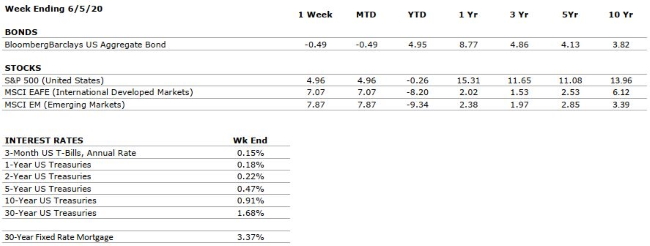Limited Contactless Document Exchange Available at VNFA Bethlehem Office
While our physical offices will remain closed and our team will continue to provide services remotely, we now have someone at the front desk of our Bethlehem headquarters full time to answer the main phone line and arrange for in-person drop off and pick up of tax-related documents. These by-appointment visits will be available during our regular office hours for the duration of tax season – through July 15. Access will be limited to the front entry and guests will be required to follow VNFA’s social distancing and safety guidelines, including wearing a mask while inside.
As a result of having someone on site during normal hours, we are also able to resume delivery of UPS and FedEx packages.
Our New Jersey office will not have this same service available, but a secure drop box for documents is on site. Please call (908) 454-1000 for more information.

